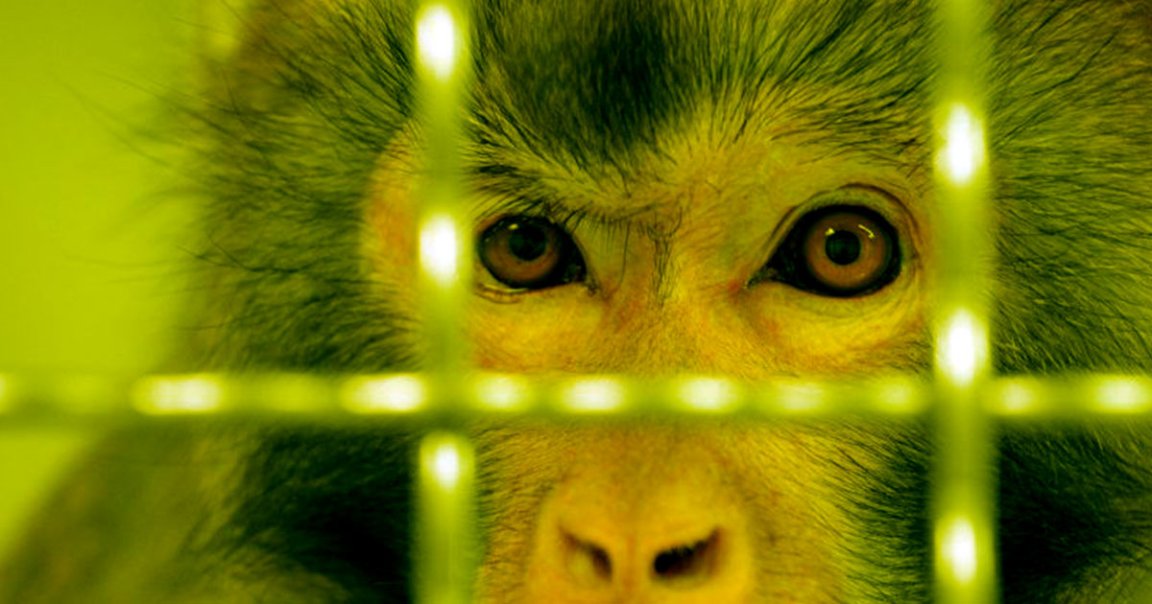
Scientists have developed a new gene therapy that can reverse vision loss in primates, potentially laying the groundwork for treatments in humans as well.
Last month, a team of scientists from Harvard Medical School and biotech company Life Biosciences announced preclinical data showing that a new approach was able to reprogram genetic markers to restore visual function in primates that had their eyes damaged with lasers.
In essence, the team injected their eyes with special chemicals that can partially reprogram cells to have them return to a more youthful state — a decidedly “Blade Runner” approach to vision restoration, if it’s born out by future research.
The study involved ten primates, six of which were treated with the new gene therapy, while four had a control solution injected into their eyes. The eyes of the primates that received the treatment over five weeks ended up responding much better to light stimulation. The health of their eyes’ nerve fibers improved significantly as well, signs that are consistent with the restoration of vision.
The overall goal was to address a specific eye disorder called non-arteritic anterior ischemic optic neuropathy (NAION), which is essentially the equivalent of a stroke but for the eye, and which results in a sudden loss of vision.
“NAION is the most common cause of acute optic neuropathy in people over 50, but currently has no effective treatment,” said Bruce Ksander, study co-lead and associate professor of ophthalmology at Harvard, in a press release, adding that the new therapy “can lead to significant recovery in affected visual function in a [primate] model of NAION.”
“That potential unlocks new opportunities for cellular rejuvenation, not just in NAION but in other ophthalmic diseases that occur as a result of retinal ganglion cell dysfunction as we age,” he added.
While we’re still a long way from establishing whether a similar technique can be effective in humans — besides, the researchers’ results have yet to be published and peer-reviewed — it’s a hopeful first step.
“This approach has implications far beyond NAION and even the vision field, and we are pleased to share data that support the continued development of our scientific platform to address diseases of aging and restore human health,” said Sharon Rosenzweig-Lipson, chief scientific officer of Life Biosciences, in the statement.
More on vision restoration: Neuralink Cofounder Says New Company’s Eye Implant Could Be “Ultimate” VR Tech